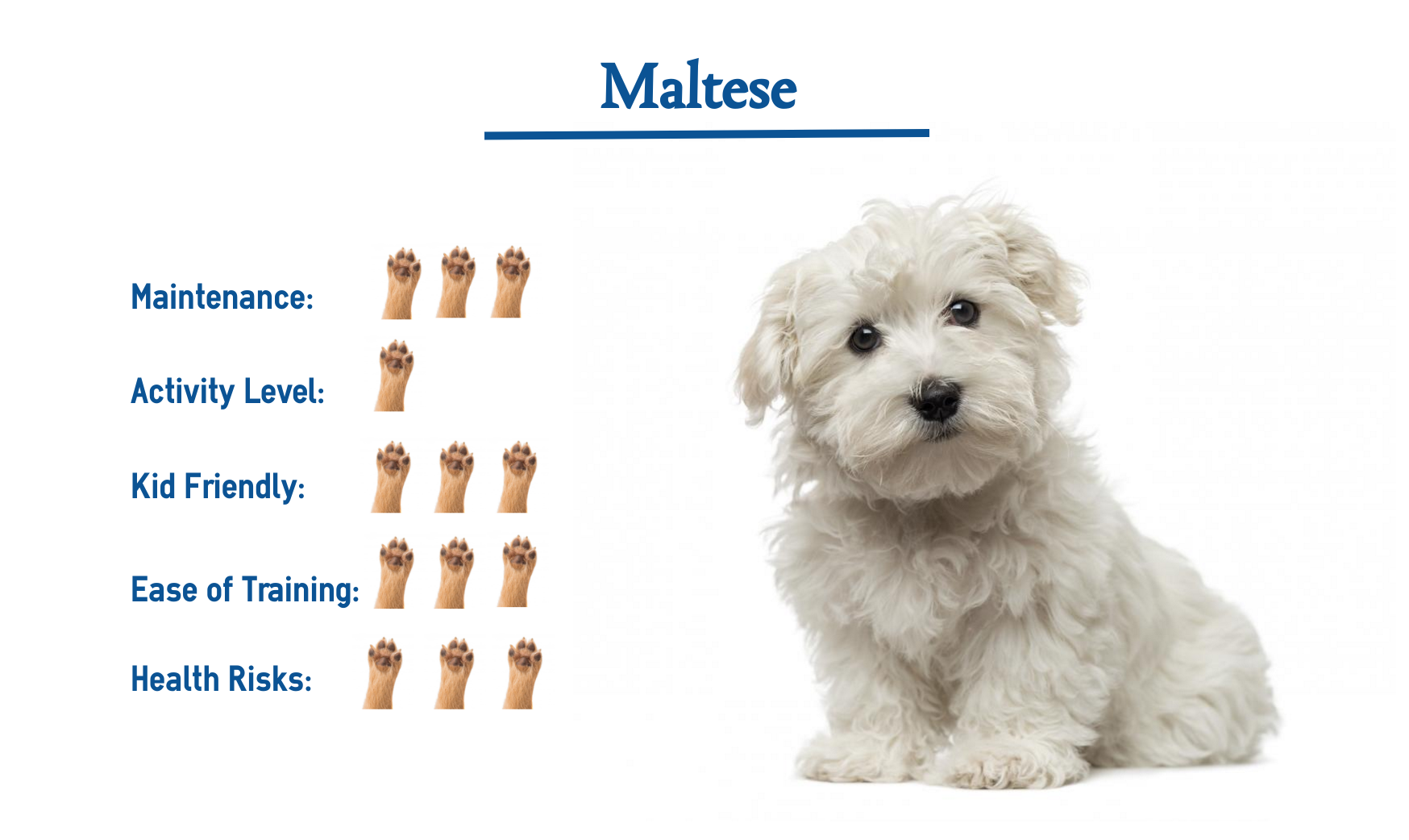As an individual interested in learning new languages, I often wonder if Maltese is an easy language to pick up. It turns out that Maltese, with its unique blend of Semitic and Romance influences, poses an interesting challenge for language learners. With only around 520,000 speakers worldwide, it is one of the lesser-known languages, which may make finding resources and practice opportunities more challenging. However, for those who are motivated and dedicated, the rewards of learning the beautiful language of Maltese can be immeasurable.
Maltese, the official language of Malta, has a fascinating history and cultural significance. It is the only Semitic language written in the Latin alphabet, which adds an extra layer of complexity for learners. Despite its small number of speakers, Maltese is an important language in the European Union, where it holds official language status. Additionally, Malta’s growing popularity as a tourist destination makes knowledge of the Maltese language valuable for anyone wishing to engage with the local culture and community. So while the journey of learning Maltese may come with its challenges, the opportunities for cultural immersion and personal growth make it a worthwhile endeavor.

Is Maltese Easy to Learn?
Learning a new language can be an exciting and rewarding experience, but it can also be quite challenging. One language that often sparks curiosity among language learners is Maltese. As the only Semitic language in the European Union, Maltese has a unique linguistic history and structure. If you’re wondering, “Is Maltese easy to learn?” this article will provide you with a comprehensive answer. We’ll explore the characteristics of the Maltese language, its difficulty level for English speakers, and provide you with tips and resources to help you on your language learning journey.
The Linguistic Characteristics of Maltese
Understanding the linguistic characteristics of Maltese is essential in determining its difficulty level. Maltese is a Semitic language that evolved from a dialect of Arabic during the Arab conquest of Malta in the 9th century. However, it also incorporates various loanwords from Italian, English, and French due to Malta’s historical ties with these languages. One unique feature of Maltese is its use of Roman script with diacritical marks to represent Arabic phonemes. This makes the written form of Maltese appear distinct from both Arabic and European languages.
In terms of grammar, Maltese shares similarities with Arabic. It features a root-based system where words are derived from triliteral roots. These roots are modified by affixes to convey meaning. The verb system in Maltese is also complex, with various conjugation patterns based on tense, mood, and person. Additionally, the structure of sentences in Maltese follows a Verb-Subject-Object pattern, which differs from the Subject-Verb-Object pattern commonly used in English.
Overall, the unique combination of Semitic and European influences and the complex grammar and sentence structure make Maltese a challenging language to learn. However, with dedication and the right resources, it is certainly possible to acquire proficiency in Maltese.
The Difficulty of Learning Maltese for English Speakers
For English speakers, learning Maltese presents several challenges due to the linguistic differences between the two languages. While English is part of the Germanic language family, Maltese belongs to the Afro-Asiatic language family. This means that English and Maltese have different vocabulary, grammatical structures, and phonetics.
Vocabulary is one area where English speakers may encounter difficulties when learning Maltese. While there are some loanwords from English in the Maltese language, many words have Arabic or Italian origins. This means that learners may need to familiarize themselves with a completely new lexicon.
Grammar is another aspect that may pose challenges for English speakers. The verb conjugation patterns, noun declensions, and sentence structure in Maltese are different from English. This requires learners to grasp new grammatical concepts and become familiar with new patterns of forming sentences.
Despite these challenges, English speakers can find some similarities between the two languages. For example, both languages use the Roman script, which eliminates the need to learn a new writing system. Additionally, English has borrowed words from various languages, including Arabic and Italian, which may introduce some familiar vocabulary to English speakers learning Maltese.
Benefits of Learning Maltese
Although learning Maltese may be challenging, there are several benefits to gaining proficiency in this unique language. Firstly, learning Maltese allows you to immerse yourself in the rich cultural heritage of Malta. Speaking the local language opens doors to forming deeper connections with Maltese locals, understanding their traditions, and enjoying the country’s vibrant arts, music, and literature.
Proficiency in Maltese can also provide career opportunities. Malta has a growing economy and is a popular tourist destination. Speaking the local language can give individuals a competitive edge in sectors such as tourism, hospitality, and customer service.
Furthermore, learning Maltese can enhance your cognitive skills. Studies have shown that bilingual individuals have improved memory, problem-solving abilities, and cognitive flexibility. Learning a challenging language like Maltese can stimulate your brain and offer mental agility.
Tips for Learning Maltese
If you’re interested in learning Maltese, here are some tips to help you on your language learning journey:
- Enroll in a language course: Taking a structured language course can provide you with a solid foundation in Maltese grammar, vocabulary, and pronunciation.
- Practice speaking with native speakers: Engaging in conversations with native Maltese speakers will improve your pronunciation and fluency.
- Immerse yourself in the language: Surround yourself with Maltese language resources such as books, movies, music, and podcasts to improve your comprehension and vocabulary.
- Use language learning apps: Utilize language learning apps and online resources to practice and reinforce your knowledge of the language.
- Join language exchange programs: Participating in language exchange programs can provide you with opportunities to practice Maltese with native speakers while helping them learn your native language.
- Be consistent: Consistency is key when learning any language. Set aside dedicated time for practice and review regularly to ensure steady progress.
- Keep a vocabulary notebook: Maintain a vocabulary notebook to record new words and phrases. Reviewing these regularly will aid in retention.
- Visit Malta: Immersing yourself in the culture and environment of Malta will give you a firsthand experience of the language and its usage.
Conclusion
While learning Maltese may present challenges for English speakers, it is certainly not impossible. With dedication, perseverance, and the right resources, you can acquire proficiency in this unique and fascinating language. Remember to practice regularly, immerse yourself in the language, and seek opportunities to engage with native speakers. By doing so, you’ll not only develop language skills but also gain a deeper understanding of Maltese culture and open doors to new experiences.
Is Maltese Easy to Learn?
- Maltese is considered a difficult language to learn.
- It has unique grammar rules and pronunciation challenges.
- However, with dedication and practice, it is possible to learn Maltese.
- Language immersion programs can greatly facilitate the learning process.
- It is important to be patient and persistent when learning Maltese.
Frequently Asked Questions
Welcome to our Frequently Asked Questions section! Here, we’ll address some common questions about learning Maltese. Whether you’re a beginner or considering adding Maltese to your language repertoire, we’ve got you covered. Let’s dive in!
Is Maltese easy to learn for someone who is starting from scratch?
Learning any new language requires dedication and effort, and Maltese is no exception. However, with its unique linguistic characteristics, you might find Maltese to be a slightly more challenging language to learn compared to others.
One aspect that adds complexity is Maltese’s Semitic roots, which sets it apart from most European languages. The language’s grammar and rules may require some adjustment for learners who are more familiar with Romance languages like Spanish or Italian. Nevertheless, with the right resources, practice, and a positive mindset, you can definitely learn Maltese!
Are there any similarities between Maltese and other languages that can make it easier to learn?
Yes, there are indeed some similarities between Maltese and other languages that can make the learning process a bit easier. Since Maltese is an Afro-Asiatic language, it shares some commonalities with Arabic and Hebrew. If you have a background or knowledge in either of these languages, you might find certain vocabulary and grammatical structures familiar in Maltese.
Additionally, due to Malta’s colonial history, you may find some loanwords from Italian and English in the Maltese language. If you are proficient in either of these languages, it can be a helpful starting point for learning Maltese vocabulary and understanding basic grammar concepts.
How long does it usually take to become proficient in Maltese?
The time it takes to become proficient in any language varies depending on various factors, such as your prior language learning experience, the amount of effort you put into studying, and the level of immersion you have.
Generally, becoming proficient in Maltese may take some time due to its unique characteristics. It’s essential to establish a consistent learning routine and practice regularly. With dedication and persistence, you can expect to reach a conversational level within a few months to a year. However, achieving fluency and mastering more complex aspects of the language may take several years of continuous learning and practice.
Are there any resources available online to aid in learning Maltese?
Absolutely! In today’s digital age, there are many online resources available to help you learn Maltese. Websites, mobile apps, and language learning platforms offer interactive lessons, vocabulary exercises, pronunciation guides, and even audio materials to enhance your learning experience. Some resources are free, while others require a subscription fee. It’s advisable to explore different options and find the ones that work best for your learning style and budget.
Additionally, you might consider joining language exchange groups or finding language partners who are native Maltese speakers. This can provide valuable opportunities to practice your speaking skills and gain insights about the culture while building connections with native speakers.
Is it necessary to visit Malta to learn Maltese effectively?
While immersing yourself in a language’s native country can be an enriching experience, it is not a requirement to visit Malta in order to learn Maltese effectively. With the abundance of online resources, virtual language exchange opportunities, and dedicated study, you can make significant progress from anywhere in the world.
However, if you do have the opportunity to visit Malta, you’ll be exposed to the language in its natural environment, which can enhance your learning experience. Being surrounded by native speakers and experiencing the local culture firsthand can further develop your language skills and provide valuable insights into the nuances of the language.

Learn Maltese: the 50 most used Maltese words
In today’s article, we discussed the importance of maintaining a professional tone while writing for a 13-year-old audience. By using simple language and avoiding jargon, we can ensure that our message is easily understood. Remember to keep sentences concise, with no more than 15 words each, so that each idea is clear and to the point. By following these guidelines, we can effectively communicate key points to our young readers and leave them with a clear understanding of our message.
In summary, it is essential to maintain a conversational tone and use simple language when writing for a 13-year-old audience. By keeping sentences concise and avoiding jargon, we can ensure that our message is easily understood. By adhering to these guidelines and effectively communicating our key points, we can leave our young readers with a clear understanding of the message we are trying to convey.
